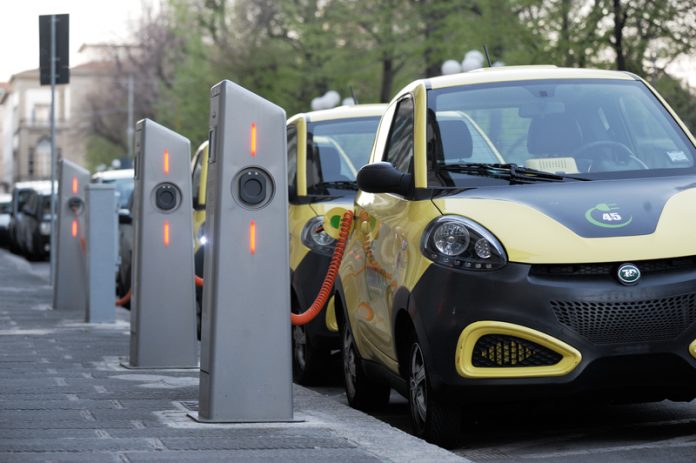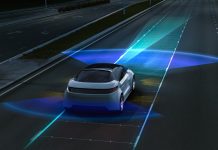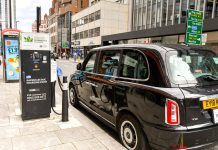While the electric car has been around for over a hundred years, it’s never been as popular as it is today. Here, we look at what could be in store for the electric car industry in 2019
A brief history of the electric car
The first concept of the electric car was invented by innovators from the Netherlands, Hungary and the United States in the 1800s. By 1901, Thomas Edison worked on developing a better battery for the vehicles, thus creating the first hybrid electric car. Following crude oil’s drop in price in 1920, electric vehicles decreased in popularity and petrol and diesel models took control of the automobile market.
How have electric cars improved?
There can be no doubt that electric cars have greatly improved over the years. There are currently over 150,000 electric cars on Britain’s roads and the amount of rapid charging connectors has hugely increased since 2011, including the introduction of CCS, Tesla, and Type2 connectors.
While the average journey in the UK is 15 miles, electric cars have always brought with them the anxiety of breaking down or running out of ‘juice’ away from the chargers mentioned above. Maybe in the past, they would only be capable of short distances, but currently, you can expect a full charge to allow you to travel in the region of 200 miles. Better yet, 96% of motorway service stations can provide a rapid charging point, which will provide a 100% electric car with 80% power in 30 minutes.
Car dealership, Lookers, put the cars to the test when they teamed up with charity BEN and drove an electric vehicle from Dublin, through to Scotland and then down to Eastbourne at the bottom of England. Of course, without enhances in the vehicles and charging points, this wouldn’t have been possible.
Future of electric cars
It’s certainly possible to say that the dramatic re-emergence of electric cars in recent years is set to continue. One main reason is the UK government’s projection to stop the sales of new petrol and diesel models by 2040. It also pledged that at least half of all new vehicles will be hybrid or electric by 2030 in its push to reduce vehicle emissions.
Many companies are also trying to get ahead of the game, by upping their EV charger installations. Distribution network operator, Northern Powergrid, is a positive example of a company seeking to get ‘hands-on’ as part of its preparation for the increase in electric vehicles and associated demand for more connections and EV charging points. It is introducing new charging points across 11 of its own sites to encourage employees to go electric well ahead of the 2040 ban on new diesel and petrol car sales.
“We have to get hands-on and lead by example,” said the company’s Head of Policy Development, Jim Cardwell. “Although colleagues frequently have to take our vehicles to places where there is no electricity, there is huge internal appetite to decarbonise as much of our fleet as possible, as soon as is practical.”
Northern Powergrid is also engaged in pioneering EV projects designed to help the UK transport system play a positive role in the low carbon future. These include a £9.8m collaborative project, announced by the Department for Business, Energy and Industrial Strategy (BEIS) and led by Nissan, that will see 1,000 V2G charging points added to the UK’s network. It has also signed an industry-leading Memorandum of Understanding with Nissan to carry out projects that will look at how EVs, batteries and other technologies can support energy networks and is supporting customers looking to connect EVs to its network.
Nissan’s EV Manager, Ed Jones, said: “We’ve always known that Nissan’s EV technology can be used for so much more than just getting people from A-to-B and we’re delighted to be sharing our expertise to help create more sustainable energy networks in the UK. Through the integration of Nissan EVs, we can find new solutions that will help shape a society whose energy use is sustainable, efficient and affordable.”
Initiatives like this support the drive to make electric charging points easier to find. There are three types of charging available: rapid, fast, and slow. Across the UK, we are noticing a continuous rise in locations to be able to charge electric vehicles. In November 2018, 596 ports were added, and this number is only going to rise in years ahead.
It’s clear that there are big things to come in the electric vehicle industry in the near future, which can only be a good thing. With companies now on board with the changes, and the public embracing the models, the electric vehicle industry is certainly heading in the right direction.
References
https://www.ft.com/content/30f7e328-8372-11e8-96dd-fa565ec55929
https://www.zap-map.com/statistics/#region











